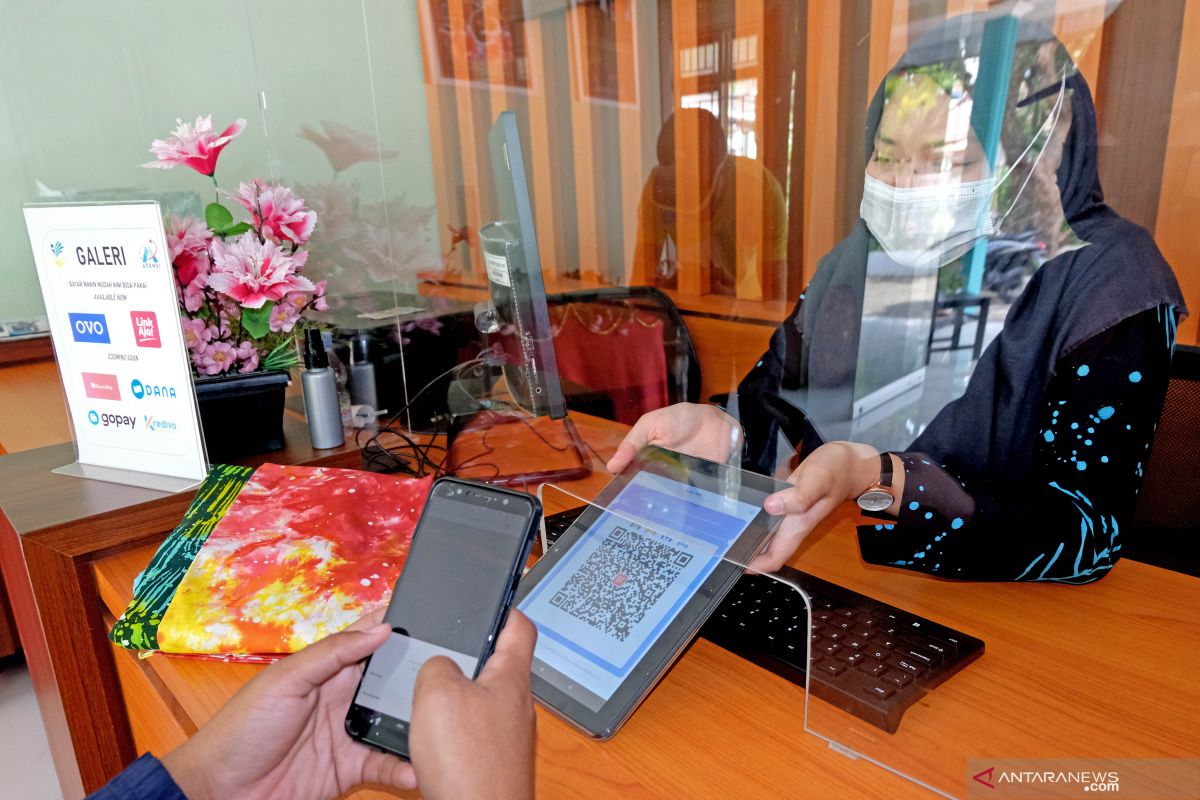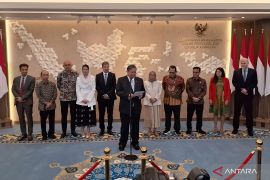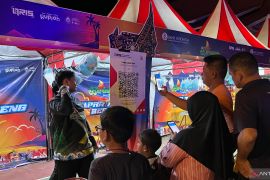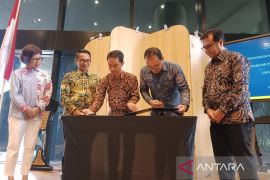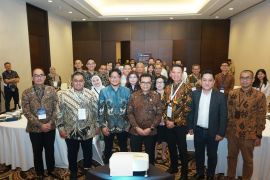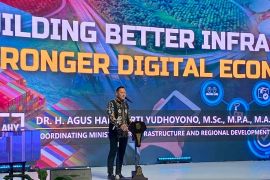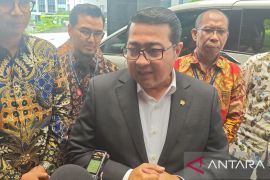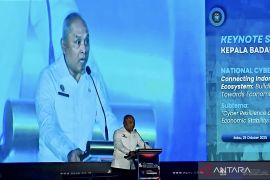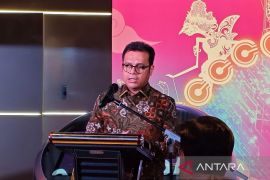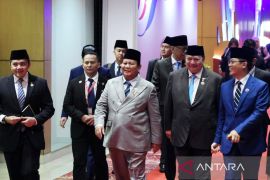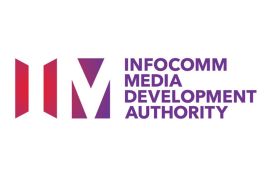Deputy for Coordination of Digital Economy, Employment, and Micro, Small and Medium Enterprises (MSMEs) of the Coordinating Ministry for Economic Affairs Rudy Salahuddin pointed to a significant increase in the number of internet users to reach 400 million in the ASEAN region during the 2015-2020 period.
"The number of internet users in Indonesia had reached 202.6 million people in 2020, from 175.4 million in the previous few years," Salahuddin noted during a web seminar here on Wednesday.
Meanwhile, data in January 2021 showed a cellular connection penetration rate of up to 132 percent of the total population in ASEAN, with a penetration rate of 69 percent for active social media users.
Salahuddin remarked that demographic factors had always played an important role in the potential and development of the digital economy.
Hence, he believes that such vast potential must be balanced with governmental support. Indonesia has several initiatives to boost the digital economy, starting from equitable infrastructure and digital talent, deemed to be conducive to the development of the digital economy ecosystem.
"Hence, we continue to build technology, information and communication infrastructure throughout the country through the Palapa Ring fiber optic network, Base Transceiver Station (BTS) towers, as well as internet access and multifunction satellites that will start operating in 2023," he added.
Furthermore, Salahuddin stated that the government also continues to support the development of digital talent to address the shortage by providing digital training programs at three levels: capacity building, scholarships, and a leadership academy.
These programs are implemented by ministries and other related institutions, educational institutions, business associations, and leading private companies, he remarked.
The digital economy can be developed through efforts to empower micro, small, and medium enterprises (MSMEs).
Meanwhile, Salahuddin also spoke of a program to improve micro and small businesses being announced.
"The Proudly Made Indonesia National Movement (BBI) that prioritizes selling local products has succeeded in involving 4.8 million MSMEs in the digital ecosystem last year, and we also support digital payment systems. The government also continues to provide financial assistance programs of up to Rp162 trillion," he expounded.
According to Salahuddin, the Coordinating Ministry for Economic Affairs of the Republic of Indonesia, along with other relevant ministries and institutions, are currently initiating a digital economy development framework in accordance with the president's directive to support and accelerate Indonesia's digital transformation process.
"The vision is to become a digital economy powerhouse to drive inclusive, connected, and sustainable economic growth. Indonesia's digital economy development framework in 2021-2030 aims to increase efficiency and productivity, create more jobs, and encourage innovation and inclusiveness," he noted.
"In addition, the digital economy is sought to encourage infrastructure investment, both physically and digitally, human resource capacity, digital literacy and talent, digital research and development, data management, and security, financial support as well as complete policies and regulations," Salahuddin added.
Related news: BRIN to aid 'beyond ordinary' development in technology: ministry
Related news: Tourism Ministry supports digital wallets for MSMEs' digitalization
Related news: Indonesia proposes formation of digital economy working group at G20
Translator: Arnidhya Nur Zhafira, Katriana
Editor: Sri Haryati
Copyright © ANTARA 2021
